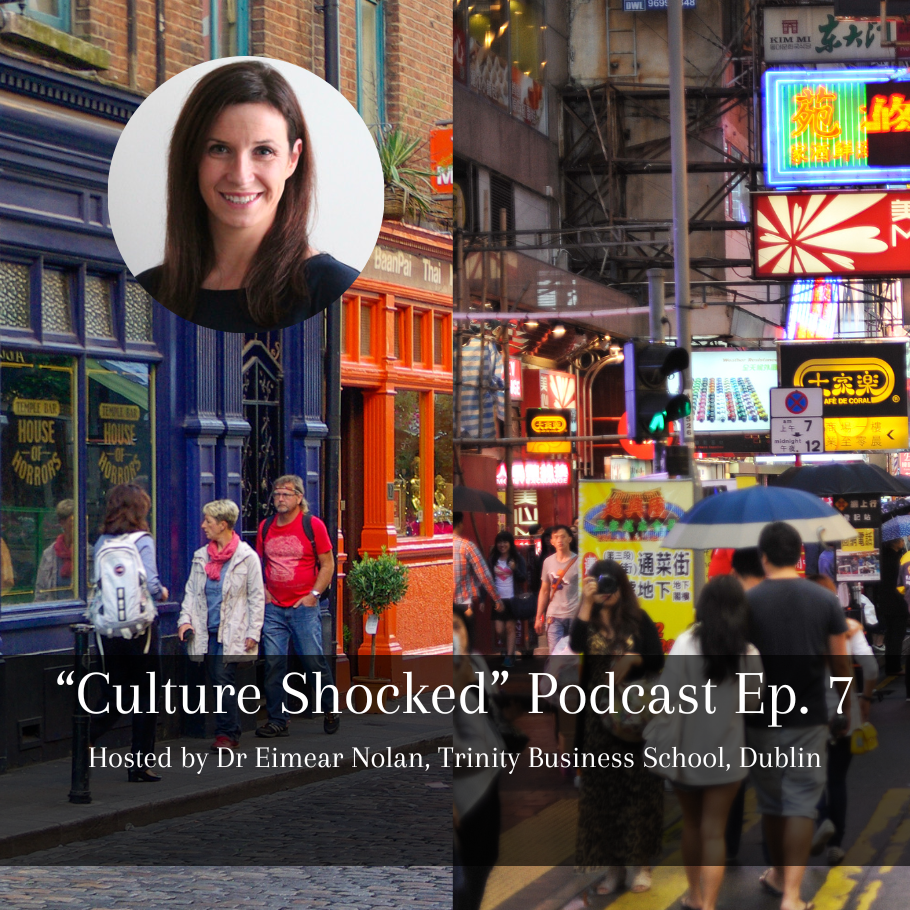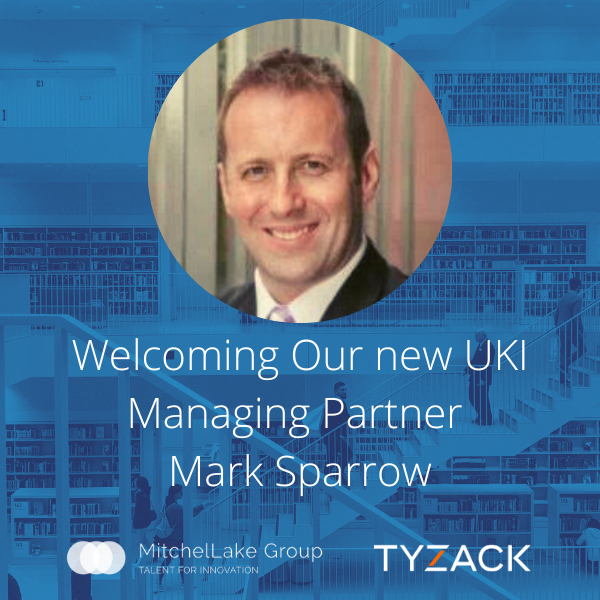On 1st June 2017, Frog Valley, in partnership with Startupbootcamp Fintech and Lendit organised a women in tech event called “The Entrepreneurial Journeys of Women in the London Tech Scene”.
The event was hosted in The Rainmaking Loft, courtesy of Startupbootcamp Fintech. We had a magnificent view on the London Tower Bridge on one side and St. Katherine docks on the other side! Beautiful!
We were delighted to hear advice from a fabulous panel of women working in the tech industry:
Ghela Boskovich, the event moderator, is the Head of Fintech and Regtech Partnerships, Startupbootcamp Fintech; Founder & Global Ambassador, Femtech Global; Director, Global Strategic Business Development & Marketing at Zafin. FemTechGlobal is a community working towards inclusion, diversity, and supporting those invested in changing financial services for the greater good through technology. It is comprised of women and men who recognise that diversity in thought, experience, and gender make for a richer resolution to the challenges the financial services industry tackles, and that each diverse voice contributes to a better solution.
Anna Gudmundson, Group CEO at Kin, Anna has worked in the technology sector since the start of her career after graduating with a Master of Science in IT engineering from Uppsala University.
Anna’s experience is primarily in the mobile, software, online and big data sectors; working both with start-ups as well as companies like luxury mobile phone manufacturer Vertu and multinational Alcatel-Lucent.
Now the CEO of Kin Group Plc, Anna is able to combine her passions for digital technology and business with her personal dedication to wellbeing and making positive social impact.
Lu Li, Founder and CEO of Blooming Founders, UK Ambassador of Women’s Entrepreneurship Day | Publisher of Dear Female Founder. Blooming Founders is building a scalable support infrastructure designed to help grow innovative ventures led by women. They provide education and introduce new opportunities to female founders through events, content and a global professional network with over 1400 members.
Wendy Devolder, Founder and CEO of Skills Matter Limited.
Skills Matter helps its highly engaged community of software engineers discover emerging technologies, learn and share skills and evolve practices and ideas. Together, we share insights, skills and expertise needed to build adaptable, flexible and scalable software systems, often with big data sets in conversations, talks, conferences, meetups and online.
Janna Goncharova, Partner Pit Stop Ventures.
She has 10 years experience in investment management and advisory and worked with numerous tech startups globally.
Pit Stop Ventures helps technology startups to get the right tools for high growth in one place. They leverage their partners’ company building, managing and investment experience and a vast global network of industry contacts to facilitate access to capital, expertise, strategic partners, and technology providers for early stage ventures.
Ghela commenced the event keynote with a striking overview of key figures and facts regarding gender balance and diversity in tech:
Tech companies founded by women outperform all male founding teams by 63%
Companies with the highest levels of gender and racial diversity have nearly 15 times more sales revenues than companies with the lowest levels of diversity; in fact, for every 1% increase in gender and racial diversity of sales team, there is up to 9% increase in sales revenues – all other things (process, product, strategy) remaining unchanged.
In 1999 women made up 10% of VC partners (in the US specifically), but now in 2015 constituted only 6% of VCs
And by the end of 2017, globally women’s income will be about $16 Trillion, which is twice the GDP growth of both China and India combined
Within the next 10 years, it’s projected that women will control 75% of discretionary spending worldwide (which is a hell of a lot of money that can also be redirected to invest in women-founded ventures).
She stressed that diversity is not only about gender, or race, but also about education, religion and age. She added that bringing differences and diversity to your business is actually a business strategy to differentiate a company in the market and to make its value proposition unique. *Difference is an absolute crucial component of doing business*.
Following this introduction, there was a presentation of the panel and their professional journeys, the challenges the panelists encountered and a presentation of lessons learnt.
Four themes emerged from the panel discussion:
Being part of the Ecosystem
Ecosystem, role model, and the importance of supporting each other is absolutely essential to any business activities and even more so in the tech industry who is male dominated. During their entrepreneurship journey, our panel have learnt how crucial it is to be part of the community, to expose yourself to new people, to get out there and not to be scared of falling or failing as it is the only way to learn. Resilience is a key element to success. Wendy explained how her business had challenges on many occasions. However she never gave up, she kept trying until she had THE idea and THE support from her own ecosystem and community that helped her take off.
The importance of Confidence, Language and Body Language
Studies have shown that there is a significant difference between women and men in terms of the way they express themselves and the impact they have on others. For instance a man will say: “I suggest we do that”… whilst a woman, in order to express the exact same idea will say: “if you would like, maybe we should… “ In other words, the language seems less confident and therefore less impactful. However, confidence is essential to drive your success; if you do not show confidence then people will have difficulties in trusting you. The panel shared one key advice: Often women lack confidence because they compare themselves to others. A way around that is to actually focus your energy on yourself, on what you are capable of doing, and achieving.
Having Passion
Believing in your ideas is the first step to business success. This also translates into your confidence and body language: if you truly believe in what you are doing than you naturally get people on board. Ghela explained it scientifically via the quantum physics and the energy that builds from it. In business, this is similar: You only can create the dynamic, the energy and the reality that represents your business.
Misinterpretation of language
Speaking of confidence, body language and language, there is something critical that any women should be aware of when evolving in a male-dominated environment: the misinterpretation of language that can sometimes lead to uncomfortable situations. In addition, gossip seems to be emerging that women in leadership positions may have had intimate relationships in order to obtain status. Wendy addressed this with an example of a tech woman being regularly invited as a speaker to various events, while being constantly harassed to the point where she stopped being a speaker. This is not a frequent occurrence, but it does happen so just be aware of it and keep safe.
In conclusion, we would like to share some advice to women working in tech or just starting their journey from one of our panelists Anna Gudmundson, Group CEO at Kin:
Be curious about tech and ask all the ‘stupid’ questions – learn fast. You don’t need to code, but understanding how software development works, conceptually, is helpful since it has an impact on business strategy, timing, costs and risk.
Be proud of your area! A successful tech business has a diverse cross-functional team; developers, designers, finance, marketing… Techies should be proud of their tech skills and marketeers of their great marketing skills!
Startup is hard work, so make sure you are really passionate about your business. That passion will fuel you during times when you certainly won’t feel rewarded for your efforts.
Work on yourself. Barriers in a startup are going to have more to do with your psychology than your skills (the right mindset will adapt and learn). And, on top of that, personal development makes you stronger and happier!
Thank you to Frog Valley, Startupbootcamp Fintech and Lendit for a great event.
Author
Sophie Cohen is Head of Research and Delivery for the MitchelLake Group. She has over 15 years experience in executive search across various industries including industrial, pharmaceutical, finance and digital.
Sophie is a trained Psychologist and has lived and worked in France, the UK, the US and Australia. She speaks French and English fluently.




